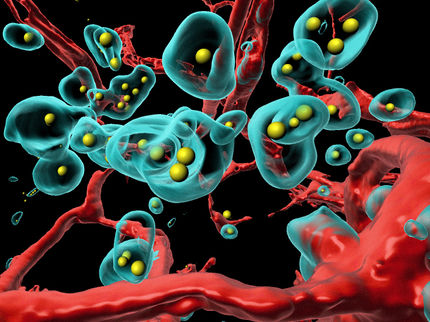Drug-loaded nanocarriers in tumor targeted drug delivery
Advertisement
cancer is a group of diseases characterized by the uncontrolled growth and spread of abnormal cells. It is a leading cause of death and the burden is expected to grow worldwide due to the growth and aging of the population, mainly in less developed countries, in which about 82% of the world's population resides. By 2030, the global burden is expected to grow to 21.7 million new cancer cases and 13 million cancer deaths simply due to the growth and aging of the population. Current cancer therapy approaches are based in surgery, radiotherapy and chemotherapy, being the chemotherapy the one that shows the greater efficiency for cancer treatment, mainly in more advanced stages. A major problem with this conventional chemotherapy is its toxicity and it also destroys healthy tissues resulting in systemic toxicity besides beneficial characteristics of killing cancer cells. Anticancer drugs also destroy healthy tissues resulting in systemic toxicity.
A possible solution to avoid these adverse influences is targeted drug delivery, which is a safer mode of delivering the medication at the desired site of its action in increased concentrations compared to other sites for maximal beneficial effect. The extremely small size of nanoparticles makes it advantageous and potentially superior to use for targeted drug delivery. In addition, these nanoparticle platforms allow for selective targeting of cancer cells or tumor vessels either by incorporating novel or standard anticancer drugs and/or the delivery of therapeutic genetic modulators.
The review article will allow to gain a more general view of the various drug loaded nanocarriers which offers a predominantly unique set of chemical, physical and photonic properties for better drug delivery to the tumor tissues based on morphological and functional differences between normal and tumor tissues.



























































